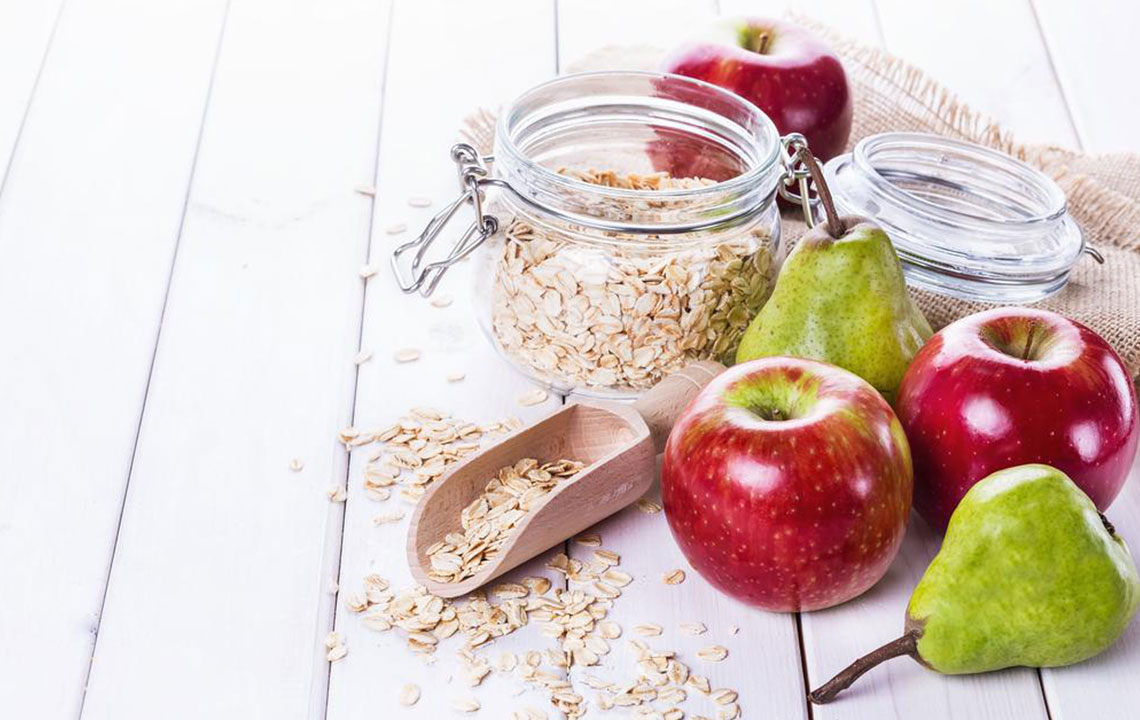Effective Strategies for Managing Irritable Bowel Syndrome
Learn effective strategies to manage Irritable Bowel Syndrome through dietary changes and lifestyle modifications. This comprehensive guide covers high-fiber, gluten-free, low FODMAP, and elimination diets, along with stress management tips to alleviate symptoms and improve quality of life.

Effective Strategies for Managing Irritable Bowel Syndrome
Irritable Bowel Syndrome (IBS) is a common digestive disorder that, while not dangerous, can significantly impact daily life. It predominantly affects women between their late teens and early 40s. Symptoms include unpredictable bowel movements, abdominal pain, bloating, and altered stool consistency, ranging from diarrhea to constipation. Recognizing triggers and adopting dietary and lifestyle modifications can help control symptoms effectively. Common triggers include processed foods, caffeine, dairy, stress, and certain medications. Implementing tailored diets and stress management techniques are vital in managing IBS.
Key dietary approaches include:
High-fiber diet: Incorporates whole grains, fruits, and vegetables to promote regular bowel movements.
Low-fiber diet: Suitable for those experiencing excess gas and diarrhea, focusing on soluble fiber like apples, berries, carrots, and oatmeal.
Gluten-free diet: Eliminating gluten-rich foods such as bread and pasta may reduce symptoms for gluten-sensitive individuals.
Elimination diet: Avoiding suspected foods like nuts, coffee, chocolate, and insoluble fiber for 12 weeks to identify triggers.
Low-Fat diet: Emphasizes lean proteins, grains, fruits, and vegetables to ease digestive discomfort.
Low FODMAP diet: Restricts fermentable carbs like onions, garlic, certain fruits, and legumes to reduce bloating and gas.
Lifestyle adjustments, including stress reduction, regular exercise, and mindful eating, play an essential role in IBS management. Consulting a healthcare professional before starting any diet is recommended for personalized care.









